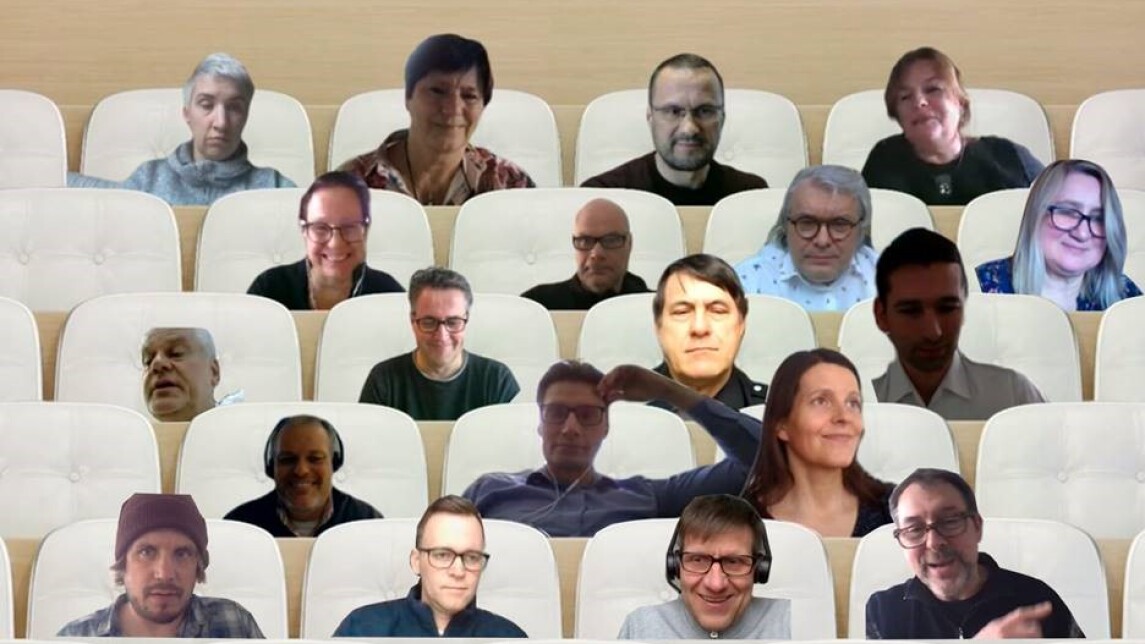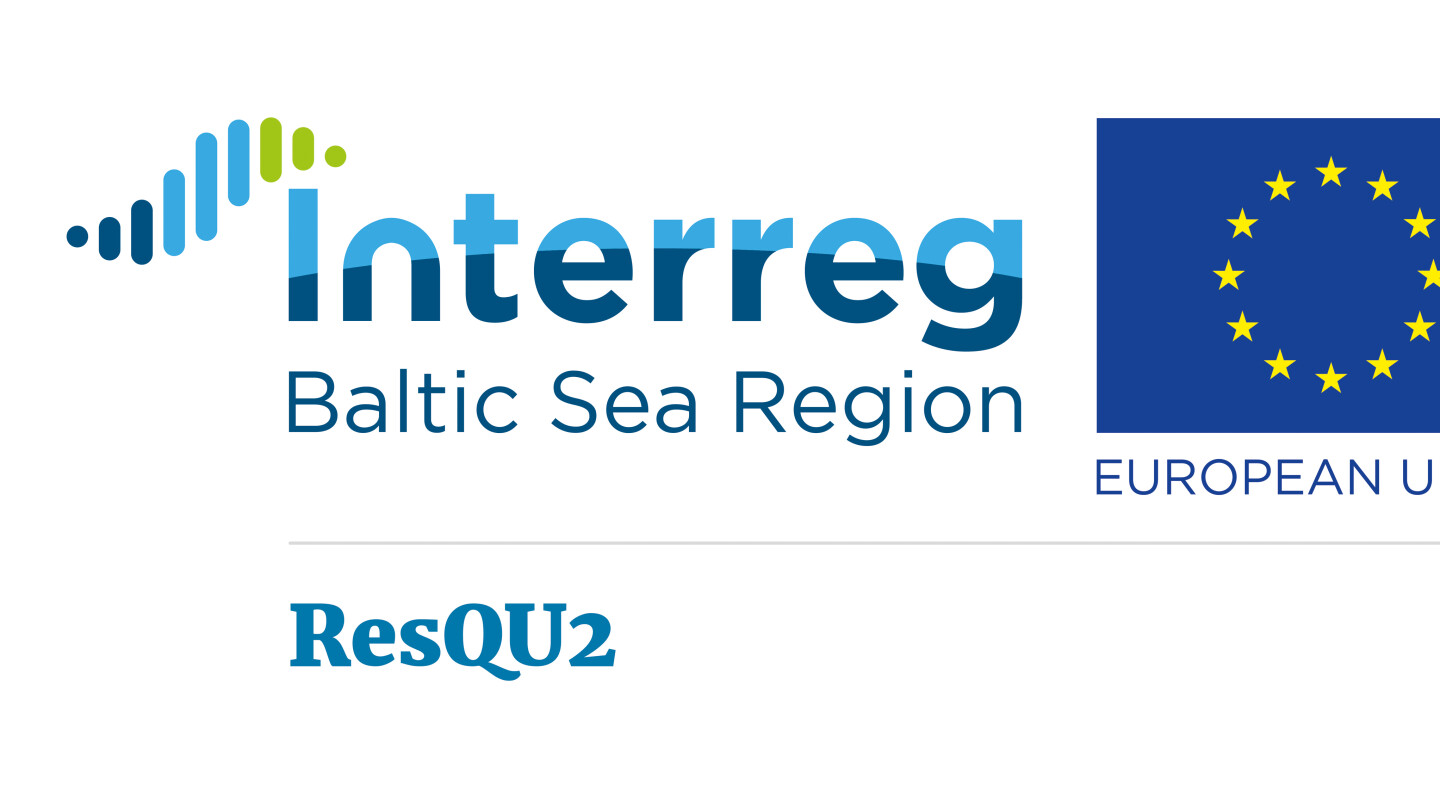ResQU2 project platform focusing on enhancing emergency preparedness concluded its activities in March 2021 when its 30 months were up. In its Final Conference, partners took stock of the achievements: member projects’ learning experiences were demonstrated in a number of dissemination and high-level events, peer-to-peer dissemination took place within the partnership, professional networks were enhanced, recommendations to improve rescue operations prepared, and the international coordination group on emergency preparedness was set in motion. Centre for Maritime Studies led the platform comprising ten partners from eight countries.
Sharing knowledge increases capacities
The ResQU2 project platform was to increase emergency preparedness at sea and in seaports by communicating, discussing and demonstrating learning experiences and best practices discovered in the four ResQU2 platform projects ChemSAR, DiveSMART Baltic, HAZARD and MIRG-EX, and also to investigate ways to make transnational rescue operations safer and more efficient.
One of the means towards the goal was to disseminate gained experience and best practices in transnational workshops, seminars and exercises on selected topics. ResQU2 targeted its actions to emergency authorities and services, and other relevant stakeholders and decision-makers. The platform organised or was involved in several workshops and seminars handling topics, such as capitalising experiences gained on emergency preparedness, building up maritime incident response capacity, preparing for emergencies at sea and in ports, hybrid threats and harbour protection, and crisis communication. Some of the events aimed to take stock of the challenges and strengths in different countries. The organising of events in different countries and online events proved to be an effective way to reach regional and national rescue authorities and services, to create discussion both on national and international level, and to spread information and experiences gained in the regular projects.
ResQU2 events reached hundreds of professionals in a number of countries. In the high-level events, officials of international organisations, such as EMSA, HELCOM, European Commission, NATO and IMRF were involved, and maritime companies reached.
International coordination group for emergency preparedness set in motion
It is commonly acknowledged that increased capacity to work in a transnational environment is a great challenge, and the improvement is solely due to cooperation and knowledge of each other’s organizations. Therefore, ResQU2 aimed to formalize the cooperation and form an international coordination group for emergency preparedness to maintain this capacity. To enable this, partners have introduced a policy paper to improve emergency preparedness by focusing on relevant areas and to enhance rescue work in the long run. Its purpose is to further improve safety at sea within the Baltic Sea area by cooperation within selected areas in order to share and transfer knowledge of each other’s competences and resources. It is applicable to long-term management of any chosen area within emergency preparedness. The document was piloted in the diving community to facilitate the setting up the coordination group. However, it would be only natural to include other SAR functions as well, so the paper is adaptable to emergency preparedness in general.
Trust matters
Due to ResQU2 work and events, gained knowledge, skills and expertise were spread further increasing the level of knowhow and the capacities in maritime SAR operations and large-scale international exercises at sea and in ports. Still, one of the most valued outcome was the possibility to get to know your peers and their resources in other countries. This is knowledge that may help save lives one day. Trust is everything.
ResQU2 contact at CMS: Kirsi Laitio, kirsi.laitio(@)utu.fi

